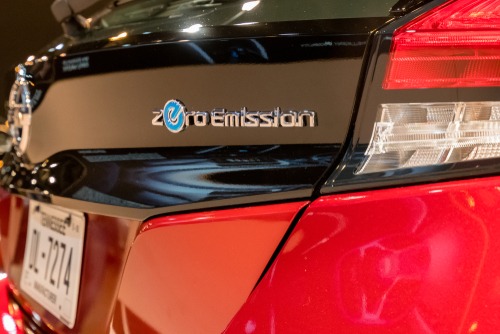
On Thursday, California Gov. Gavin Newsom outlined his $10 billion zero-emission vehicle package that would accelerate the transition to zero-emission vehicles and fight climate change.
A critical part of Newsom’s plan to cement California as a world leader in heading toward an oil-free future, the package would add another $6.1 billion to the existing $3.9 billion investment plan into zero-emission vehicles. The package, the governor’s office said, would make the vehicles more affordable and convenient for all Californians while building the charging stations and infrastructure needed to transition to using them.
“The future is electric, and we’re making it easier and cheaper than ever before to go electric. That means more assistance to help folks buy clean cars and more charging stations in more communities throughout the state,” Newsom said. “California is eliminating our dependence on oil and providing a blueprint for the entire world on how to aggressively fight the climate crisis while growing the state’s clean energy economy.”
Included in the package is $256 million of low-income consumer purchases and $900 million to expand Zero-Emission infrastructure to low-income neighborhoods; $935 million to add 1,000 zero-emission shout-haul trucks and 1,700 zero-emission transit buses, as well as $1.5 billion to support then transition to zero-emission school buses; $419 million for sustainable community-based transportation equity projects to increase access to zero-emission mobility in low-income communities; and $200 million to invest in pilot projects in high carbon-emitting sectors like maritime, aviation, rail, and other off-road applications.
“To achieve California’s climate goals, we must focus on the needs of the most polluted and underserved neighborhoods. Governor Newsom’s ZEV investment proposal recognizes this reality,” said Alvaro Sanchez, vice president of Policy at The Greenlining Institute. “We’re excited to work with the Governor and the Legislature to prove to the rest of the country that we can not only advance our climate agenda but also advance equity.”